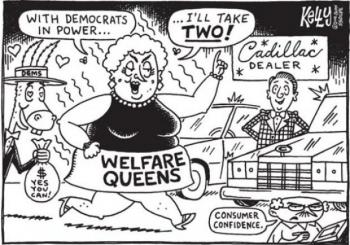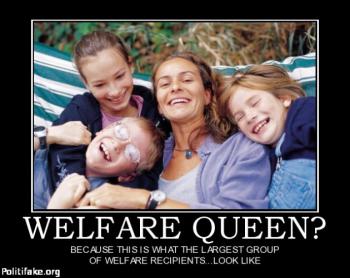Serendip is an independent site partnering with faculty at multiple colleges and universities around the world. Happy exploring!
Sarah's blog
Masks
Last night I was writing my journal reflection before I did the Rigney reading. I was struggling with the journal question about wearing a mask because I feel like I have negative connotations with the word "mask", you like are intentionally performing something you are not. I had read Goffman in my Performance and Self Esem freshmen year, and remembered liking him, so I was surprised when I realized the word "mask" brought about such negative feelings when I was writing my journal. I think the word "mask" feels accusatory. In Anne's class, however, when we discussed having "walls", this word did not seem as harsh. I personally felt walls can be necessary to protect yourself and get through everyday life, and I can see why masks serve the exact same purpose.
Christine Sun Kim: Silence as Discipline and Mediated Viewings of Art
Christine Sun Kim: Silence as Discipline and Mediated Viewings of Art
“Hold your tongue”. “Use your inside voice”. “Don’t talk back”. These common phrases all refer to controlling your silence/voice as a way of demonstrating control and discipline. From a young age, children are taught rules of silence and quietness at home and at school, to varying degrees given that culture of their environment. Many of my classmates have talked about being silence in their homes growing up as a sign of respect. But what does it mean when a deaf person is expected to control their voice or to be aware of the noises they make? Christine Sun Kim, who was born deaf was still expected to lives within the conventional norms of sound. She states, as a child, “They would tell me: be quiet. Don’t burp, drag your feet, make loud noises. I learned to be respectful of their sound.” (Selby) This experience led Kim to question what it meant to have control over sound and explore this through the avenue of art.
LBCP
"Knowledge is an island surrounded by a sea of mystery"- Chet Raymond, page 30
One of my go-to questions with any sort of presentation, be it a play, a school lesson, a presentation, etc, is "Is it accessible?" When something is presented to me, I don't like to leave feeling absolutely clueless. Maybe this is a privileged state of mind: that I should have some ownership over the thoughts or ideas that people present. The LBCP book talks a lot about doing things for yourself (ie: not everything needs to be performed or presented) and allowing them to be vague. This is making me realize that maybe some performances and presentations aren’t meant to be easily accessible, and you are supposed to just enjoy the ambiguity, and also makes me realize not everything I do necessarily needs to be shared (which I struggle with…if someone doesn’t know I did something, is it real?) These are ideas I strongly "react" to instead of "reflect" on (I believe that is the language used in the book at one point, but I lent my copy to a classmate and can't double check at the moment). I react by feeling uncomfortable with keeping something to myself or by trying to be okay with vagueness; I think to myself “okay, I want to have an open mind, but I feel like I can only be so open until my brain falls out”. But at the same time, the quote above really appeals to me because I feel like it is vagueness, floating around something concrete that I can hold on to.
Voice Paper #2
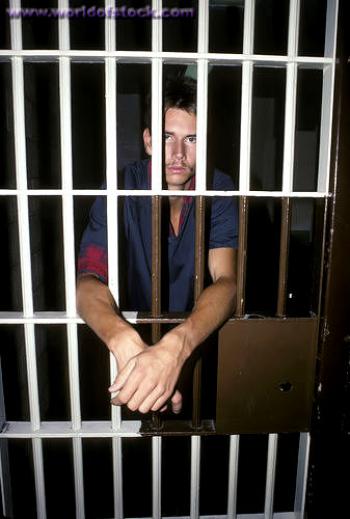
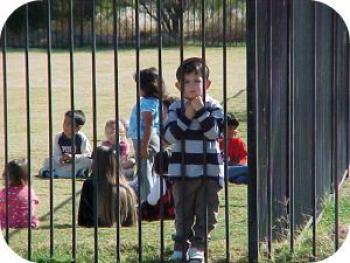
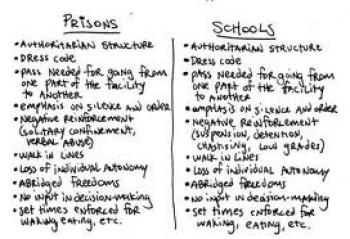
“The uniforms are just like the ones we had to wear in elementary school. Same white shirts and blue pants. When I look at these, I can’t help but thinking, what were they preparing us for?”- quote from a student from Percy Julian High School from Meiners’ book “Right to Be Hostile”
class viewing of the video for Anne's class
Hi everyone,
I think it was mentioned that a bunch of us would try to get together to view the video we need to watch for Anne's class for Tuesday. Do people want to meet around 6:30pm tomorrow (Monday)? I know it's a VHS, does every common room have VHS players...? If you're interested please suggest a place (and time if 6:30 doesn't work).
video about stop and frisk
I know some of you have seen this video, but figured it might be a good idea to post it here: http://www.upworthy.com/meet-the-17-year-old-who-blew-the-lid-off-racial-profiling-with-his-ipod
Fighting can be entertaining, if you're the mayor
Here are two youtube videos I would like to juxtapose having to do with a real fight amongst students from my hometown and then a staged wrestling match that the mayor involved herself in. It seems atrocious to me that the mayor involved herself in a staged fight (a form of entertainment it seems) and then come down so harshly when students perceive a real fist fight as a form of entertainment. What example is she setting? Also, I love how the news station is chastising the students for videotaping the fight, but yet they continue to show the video.
News clip of students fighting
News clip of mayor discussing her staged wrestling match
This might seem directly related to prisons, but it does lend to conversations about who is allowed to participate in certain acts (the right to be violent, perhaps?) and who is punished for such acts. It also demonstrates the role of schools as punishers, but what does the punishment of a suspension really do?
What is "recovery" and who is it for?
As I began reading Chapter 4 of Offending Women I was both worried and happy about the different approaches the staff had toward how to help the women in their facility “recover”. I was worried because if these differences led to constant disagreement and distrust between the staff members this would be apparent and hurtful to the women in Visions. However, I think it is helpful to have different perspectives and approach to recovery. The goal of recovery is something the staff seems to agree on: “In short, Visions’ discourse of recovery offered a clear, easy-to-follow interpretation of the inmates’ problems: low-self esteem led to addiction, which then led to even lower self-esteem. It also led to a clear easy-to-follow model of treatment: reflection and introspection heightened self-esteem and thus ended addiction”. This statement makes me think of the language and separation between different types of crime and offenders. For example, is the recovery model also applicable to white collar criminals? My personal instinct says no because I question whether the prerequisite of low self esteem applies to these criminals (do they need to improve their self esteem and recover from greed for instance?). But this question also makes me uncomfortable about the language that is used in some case to discuss offenders who have had less privileged lives.

